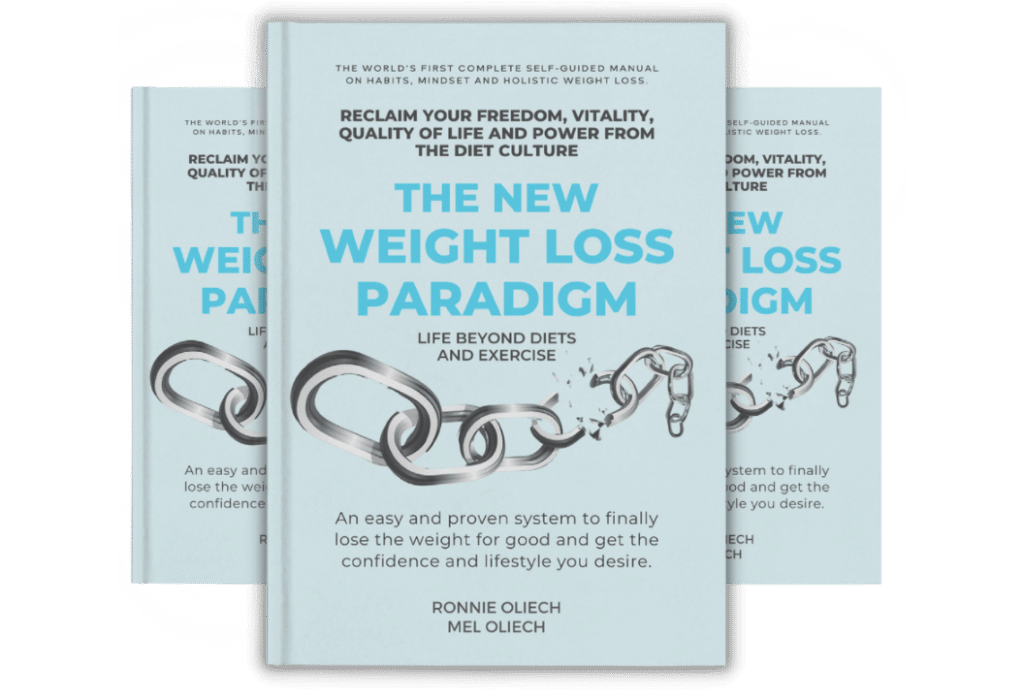We’ve all been there—stepping on the scale, hoping for that magic number to validate our hard work. But here’s the truth: the number on the scale is only part of the story. What truly matters is body composition, not just weight. And at the heart of healthy body composition is muscle.
Muscle: Nature’s Spanx
Muscle is like nature’s Spanx—it keeps everything tighter and more toned, even when the scale tells you that you weigh more. When you focus on improving muscle mass, you’ll notice that your body looks and feels better, regardless of what the scale says.
It’s not just about how you look, though; muscle is essential for metabolic health. More muscle means better glucose absorption from your bloodstream, which helps regulate blood sugar and improve insulin sensitivity. Losing muscle, however, does the opposite—it slows your metabolism and raises the risk of insulin resistance, paving the way for metabolic issues.
Common Metabolic Dysfunctions
Metabolic dysfunction can manifest in various ways, often leading to serious health conditions. Here are a few common examples:
- Insulin Resistance: When the body’s cells become less responsive to insulin, it results in elevated blood sugar levels. This can lead to Type 2 diabetes, weight gain, and cardiovascular disease. Muscle plays a critical role here; increased muscle mass enhances insulin sensitivity, allowing the body to better manage blood sugar.
- Metabolic Syndrome: This condition includes a cluster of symptoms—high blood pressure, high blood sugar, excess body fat around the waist, and abnormal cholesterol levels. The loss of muscle mass can exacerbate these symptoms. By maintaining and building muscle, individuals can improve their body composition and lower their risk.
- Hypothyroidism: An underactive thyroid can lead to weight gain, fatigue, and depression. Muscle loss can compound these issues by slowing down metabolism even further. Resistance training can help stimulate thyroid function and improve metabolic rates.
- Dyslipidemia: This condition is characterised by abnormal lipid levels in the blood, increasing the risk of heart disease. Muscle helps regulate lipid levels by promoting better fat metabolism.
Muscle and Menopause: Impact on Women
- For women, the journey through menopause can significantly affect muscle mass, strength, and overall well-being:
- Pre-Menopause: Women often experience fluctuations in estrogen levels, which can impact muscle preservation. Engaging in strength training during this phase can help counteract muscle loss, improve body composition, and boost metabolic health.
- During Menopause: The drop in estrogen can lead to increased fat accumulation and decreased muscle mass. This not only affects physical appearance but also increases the risk of metabolic dysfunctions such as insulin resistance. Strength training becomes essential to combat these changes, as it helps preserve muscle and supports metabolic processes.
- Post-Menopause: Women are at an increased risk for osteoporosis and cardiovascular diseases post-menopause due to the loss of protective hormones. Building muscle through resistance training helps improve bone density and supports heart health, mitigating these risks.
Muscle’s Role in Overall Health: Strength, Libido, and Fertility
- Muscle mass impacts various aspects of health for both women and men, including strength, libido, infertility, and general well-being:
- Strength: Increased muscle mass translates to greater physical strength and endurance. This enhances daily functional activities and promotes overall vitality.
- Libido: For both genders, muscle mass can influence hormone levels, including testosterone. Higher testosterone levels are associated with improved libido in both men and women. Resistance training has been shown to boost testosterone levels, enhancing sexual health.
- Infertility: Muscle mass can also affect fertility. In women, a healthy balance of body composition supports ovulatory function, while in men, optimal testosterone levels are crucial for sperm production and overall reproductive health.
- General Well-Being: Regular strength training can boosts mood and mental health by releasing endorphins and reducing symptoms of anxiety and depression. It also enhances self-esteem, fostering a positive body image and improving quality of life.
Don’t Just Transform Your Body—Transform Your Life
If you’ve tried everything—diets, pills, fads—and nothing seems to stick, it’s time for a different approach. Instead of sweating the small stuff, let us handle the heavy lifting. Our all-inclusive program is designed to help you build muscle, enhance your body composition, and achieve the lifestyle you desire.


















